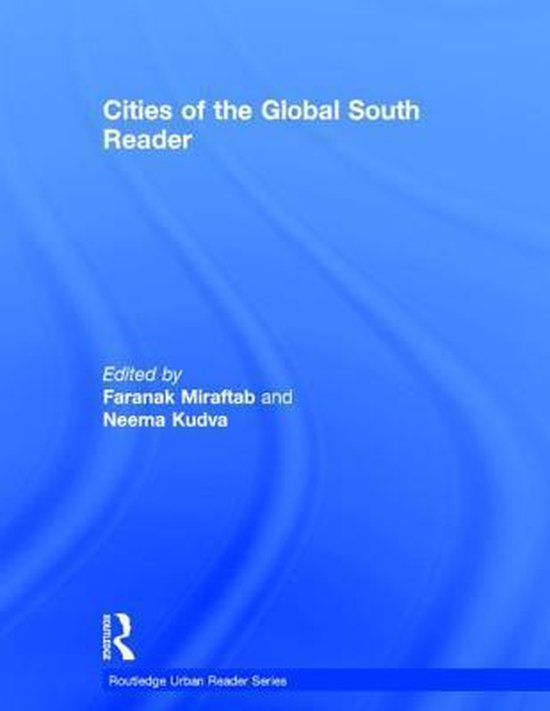
Local governments have nevertheless been slow to implement this new instrument despite more participatory, flexible, integrated and situational responsive policies contained therein. After a decade of unintended consequences, new policy directives on informal settlements were initiated through Breaking New Ground (DoH 2004b). Failure to transform apartheid spatialities has worsened income distribution, intensified suburban sprawl, and increased the daily livelihood costs of the poor. However, these potentially transformative thrusts have been eclipsed by more conservative, neoliberal developmental trajectories. In other words, the need for making place for the ‘black’ majority in urban spaces previously reserved for ‘whites’ is premised on notions of equity and social change in a democratic political dispensation.

Integrating the poor into the fibre of the city is an important theme in housing and urban policies in post‐apartheid South Africa. Indeed, efforts to centre the middle class threaten to displace, and justify the displacement of, economically marginalized groups seen as surplus to development. Furthermore, middle-class gains do not automatically translate into development for others. As this burgeoning literature suggests, celebratory narratives elide the complex circumstances that make and unmake middle classes. This, the first of three reports on geographies of development, reflects on recent research that interrogates the privileged status of middle classes in some narratives of development. Their presumed virtues are their self-sufficiency, their ability to articulate with the global economy, their buying power, and their good sense as responsible citizens.

In the face of intractable poverty, policy-makers take heart from the success stories of ordinary people who have, over generations, realized and consolidated the gains of development and who embody society at its most functional. Some contemporary narratives of development give privileged status to middle classes in the global South.


 0 kommentar(er)
0 kommentar(er)
